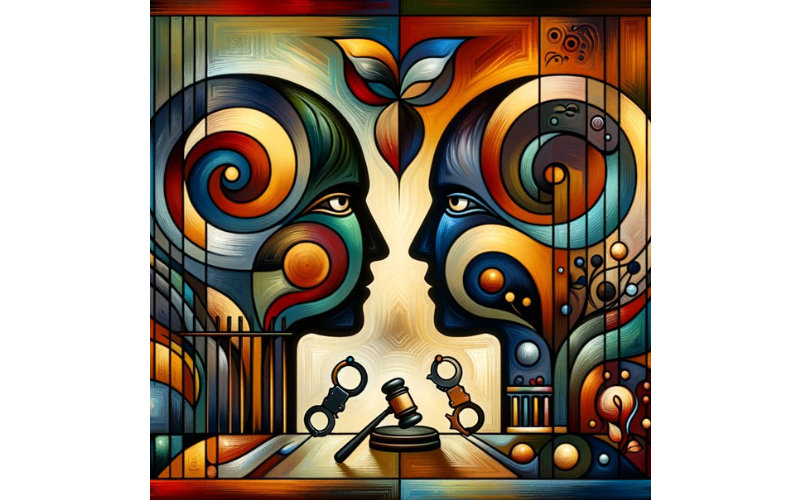
Relational Morality and the Criminal Law
The rise of second-personal or relational conceptions of morality has been one of the most significant developments in contemporary ethics in the last 25 years. While many different theories are classified under this label, they generally agree that morality concerns ‘what we owe to each other’ (in Thomas Scanlon’s memorable phrase) and is essentially connected to accountability to others. Characteristically, they stress the connection between moral duties and the relation to others to whom duties are owed and who can demand their fulfilment.
At the same time, the question of how such an understanding of morality should shape our understanding of the criminal law and of criminal procedure is still relatively underexplored (with few exceptions, e.g. in Stephen Darwall’s earlier work). One reason for this comparative neglect is presumably that the views usually considered as ‘relational’ diverge considerably in how they conceive of the relational character of morality, so that there is not one clearly defined moral theory for which this question could be raised.
Another central reason for this comparative neglect is that a relational understanding of morality does not easily fit the conception of criminal wrongdoing and criminal punishment which has been presupposed in many criminal law traditions (esp. in continental Europe). According to the latter conception, criminal wrongdoing either primarily concerns the normative relationship between the wrongdoer, on the one hand, and either ‘objective morality’ or the political or moral community at large, on the other hand, or at least concerns this relationship as much as it concerns the relationship between the wrongdoer and the particular individual victim. This view coheres well with the structure of the criminal proceedings in many jurisdictions, where these are primarily conducted by state organs, which conduct them in order to maintain public order (or, more traditionally, in the interests of an impersonally understood justice). The victims’ own role in these proceedings, by contrast, is still notoriously limited, even though their interests (both in material terms and in terms of satisfaction for the suffered injury) have to be taken into account to some extent in the decisions by the public officials involved.
A relational understanding of moral norms is bound to challenge both this understanding of criminal wrongdoing and of the criminal proceedings, at least if one supposes that there are significant commonalities between moral and criminal wrongdoing. For it invites us to understand the infringement of the relevant norms and duties primarily as a wronging of the victim, rather than primarily as impacting on the relationship between the wrongdoer and the political community at large. Whether a criminal law system which adopts this understanding would be one which could retain the key characteristics of contemporary criminal law systems (in functioning democracies) is an open question.
This question will be addressed in a debate issue of a renowned German criminal law journal, opened by Philipp-Alexander Hirsch, and in a special issue of a renowned English-language journal, edited by Philipp-Alexander Hirsch and Erasmus Mayr, bringing together authors from the fields of moral philosophy, legal theory and criminal law.
| Expected outcome: | workshop and special issue |
|---|---|
| Project languages: | German, English |
| Illustration: | © Dall-E |








